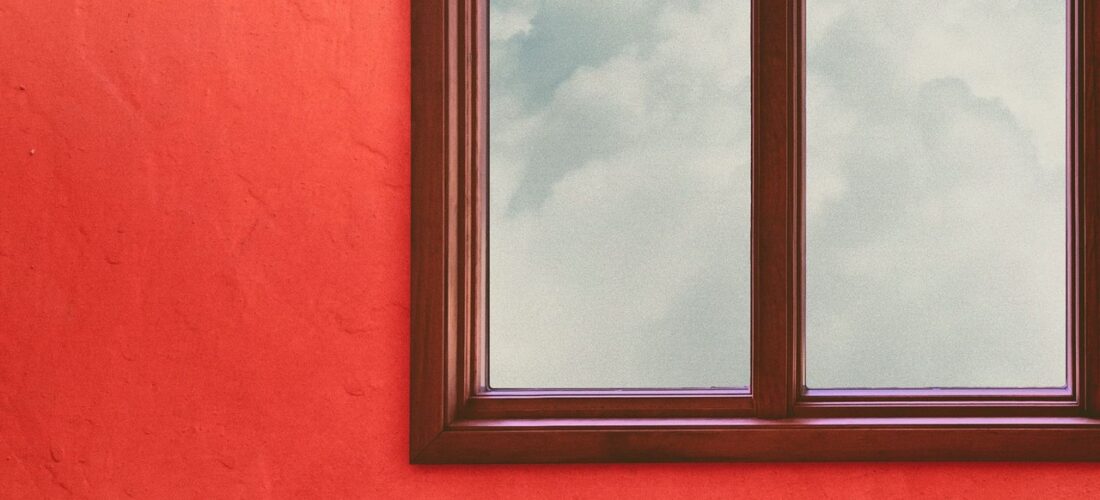In 2020, at the height of the pandemic, Khruangbin released their third studio album, Mordechai, a disco-funk reprieve with the unusual, yet welcome, addition of vocals from bassist Laura Lee. Four years later, the trio returns with the stripped-down A LA SALA, a stark change in direction and scale from their last few albums. Khruangbin have always drawn inspiration from genres that span the globe and transport the listener to its far-flung corners. This time around, they squeeze all those influences into a universally beloved place: home.
Woven together from collected pieces of unreleased recordings and beat loops, A LA SALA—which translates as “to the living room”—pulls the group back to their earliest days in Houston, where their early recordings were heavily inspired by ’70s psych rock and funk, embedded with modalities from Thailand to Niger. In the intervening years, Khruangbin have become a streaming behemoth and darling of the indie jam scene, which means there’s far less to prove. There is a lot less of everything in A LA SALA: less spacey synths, less vocals, and a less-is-more approach to their usual genre-bending approach. The band thrives when it sheds all of the frills, and creates a small world where anything is possible.
Breathing room is the big draw here. If Mordechai exhibited too many moving parts to focus on any one moment or feeling, A LA SALA gently guides you through the ebbs and flows of varying moods and personalities. “Fifteen Fifty-Three” welcomes us like a late-night conversation, as if guitarist Mark Speer is relaying a story of a past life with each long-decaying strum. “Hold Me Up (Thank You)” begins as a familiar Khruangbin psych-funk workout until midway through, when a few sharp tugs of the guitar bring the song into a traditional Congolese soukous rhythm. All the while, the subtle vocal work shines in the background, allowing the instruments room to breathe.
“Pon Pón” lives in a tropical paradise, transporting us to some oceanside boardwalk late in the afternoon with the sounds of old-school Brazilian funk and MPB. DJ Johnson’s deft, subtle drumming adds to the movement of the melody without distracting from the strings and soft vocals counting down in a variety of languages. The big standout is “Ada Jean,” a noirish composition anchored by Lee’s shadowy, suspicious bassline. As the song progresses, Speer’s fluttery guitar riffs soften the scene, which ends with the distant sounds of sirens and whimpers. Perhaps “Ada Jean” is an assassin who hit her mark and the weeper a bereaved loved one. Perhaps it’s a Wild West story of a bank robbery gone awry. Regardless, when the trio is humming like this, the catalog of mental imagery runs deep.
